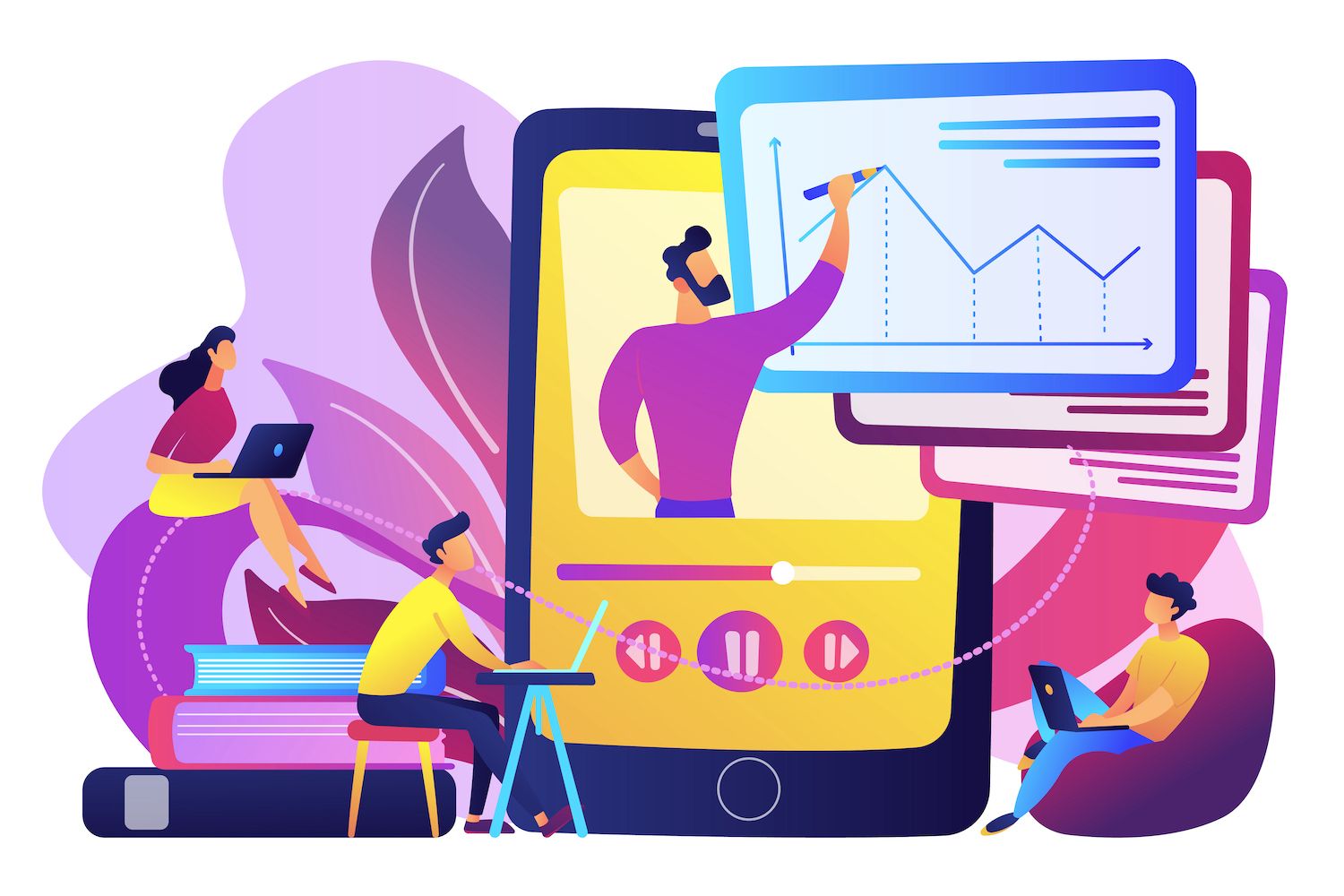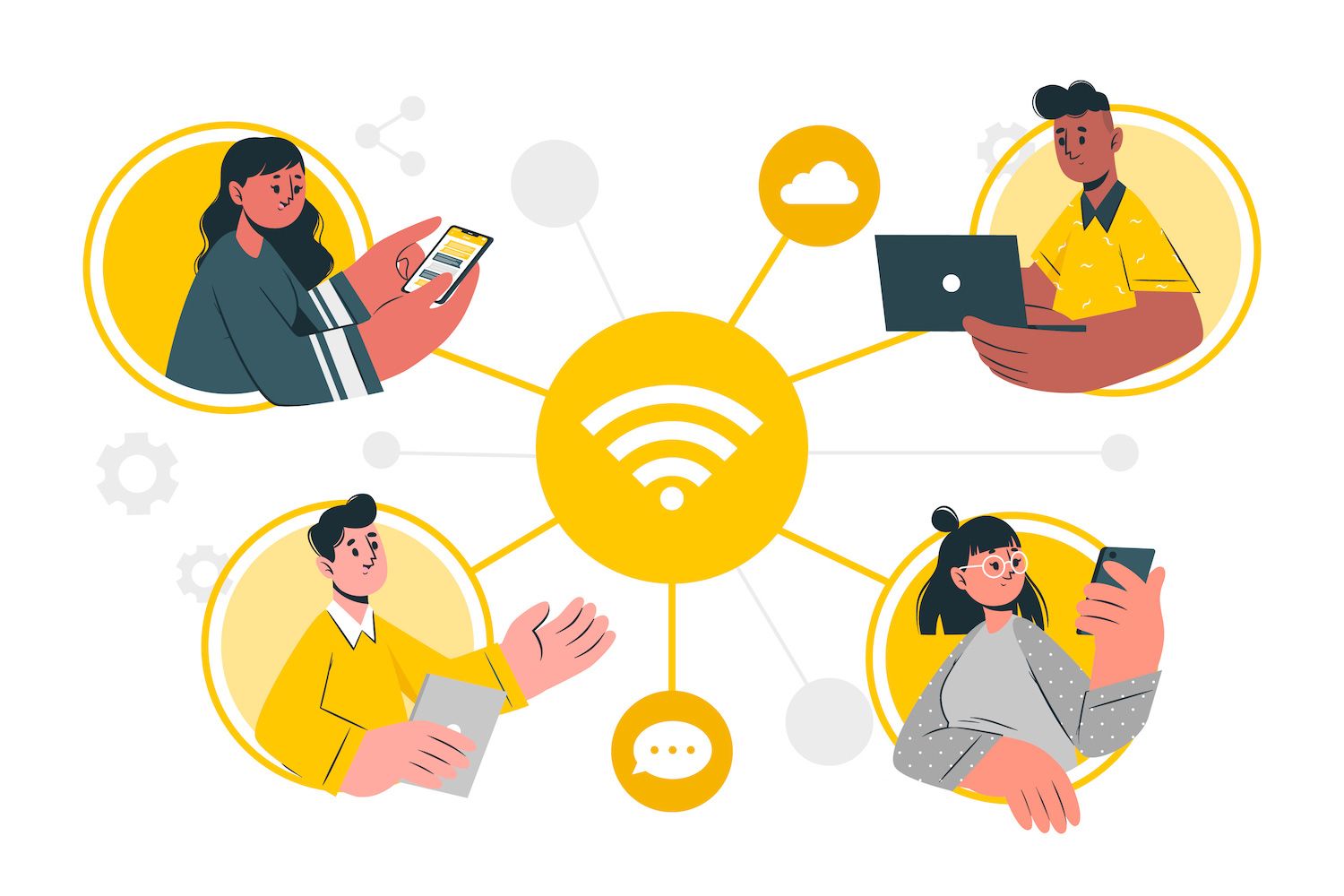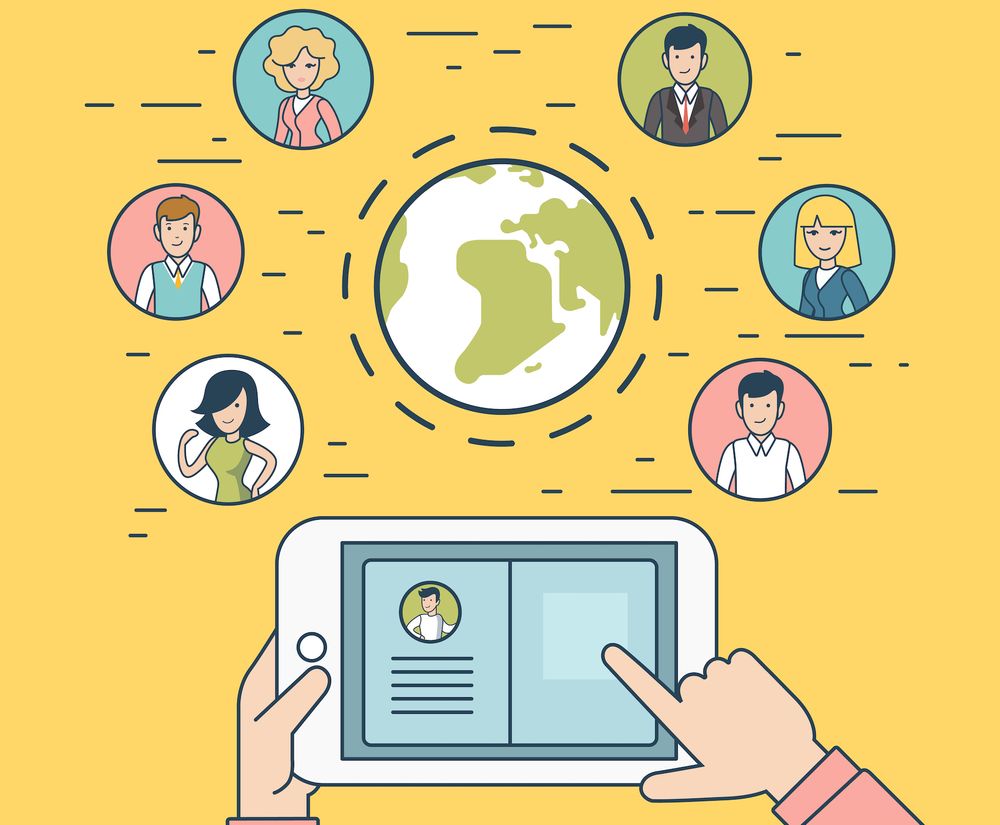How to sell a Mobile App or Game outside App Stores -
We thank Tony Markov for contributing to this article!
If you're unsure of which way to promote your app directly to consumers (D2C) outside the app stores (or if you're searching for a fresh method to make money from your game or mobile app You may be wondering what options you have.
High fees on platforms like platforms like Apple App Store and Google Play are a reason that can make it difficult for game developers and creators to look beyond the ease of use and accessibility of traditional app marketplaces however, the restrictions of platform providers are making it difficult.
But, due to continuing court proceedings and the creation of new rules and laws, the mobile landscape has changed.
There are more choices than you think, but where do you start?
In this piece this article, we'll discuss:
- App store policies in effect and costs.
- Different tools that you could use to monetize games and applications outside of app stores.
- Highlights from recent U.S. and European legal reports that could impact game sales as well as app monetization.
What is the way mobile App Stores function currently
The app store accounts for 99% of markets for mobile operating systems market share across the globe, Android with the Google Play Store as well as iOS through the App Store of Apple have enjoyed an advantage over mobile app distribution as well as mobile app e-commerce across the globe. While those markets are beginning to open up and are becoming more accessible, it's important to know the framework that apps stores used to operate with.
On the plus side, as apps are widely used by almost every single person who has mobile phones, the capacity to bring in new users for your app, or players who play your game is unrivaled. Additionally, apps make it easy and convenient for players to download and pay for the latest apps as well as in-app purchase through an app store that they trust and using payment methods that they've saved to their account.
App stores allow app developers to distribute their apps. They also take care of essential aspects of transactions, such as various payment options and currencies, fraud and technical assistance related to the transaction, and collecting and settling sales tax.
However, this ease of use can come at a steep cost for the developers.
What are the Downsides of Monetizing via Major App Stores
In the event that your app or game is accepted by the gatekeepers of the mobile app stores in the first place The complete absence of competition ensures that the fees related to sales made through iOS and Google Play app stores are quite high -- typically at least 30%..
The same fees apply to in-game purchases as well. This means that even if you plan to make a game for free and then monetize it through in-app purchases, your players as well as users are forced to pay high charges to app stores.
Passing the Fees -- - or Savingsfor Consumers
Some apps are starting to make it clear that a certain percentage of the high fees charged by app stores are passed on directly to buyers, but they also offer lower-cost alternatives in place.
Otter's 2023 Pro Pricing Updates
Otter updated its pricing policies at the mid-point of 2023. price changes for packages coming into effect in August 2023.

There was a interesting Pro choice: Paying for a year-long subscription on the Apple App Store or Google Play Store will cost users an extra 10 dollars which will increase the cost by a significant amount, ranging from $119.99 to $129.99 USD.
In order to explain how customers could avoid paying this fee, Otter placed a green "Tip" box beneath that Otter Pro pricing grid, letting users know they can "Learn the steps to move your Apple App Store or Google Play Store subscription to Otter via Web ."

To resolve this price discrepancy in more detail, read in the FAQ section at bottom of the announcement page mentions that the higher price via app stores "reflects the extra charges needed to host the Otter.ai subscriptions in both Apple as well as Google's app stores."
It goes on to explicitly recommend users cancel their current Apple App Store or Google Play Store subscription, and then sign up again on Otter's website..
The Growing Trend of the Purchase of Video Game Accounts by Users
Like Otter, many game app creators are providing discounted rates to users if they purchase out of the app using an external account connected to the application.
Developers are able to advertise this kind of discounts and user accounts through their websites.

App developers make it quick for a user to sign up for an account by accessing the app from the phone, then pressing an icon to register an account as a user, and complete the registration.
Then users can easily make purchases from the developer's website directly, for much less than they would pay if they made the same purchase through the application. (More details on accounts for users below.)
KrfzTXoXoRIkgtDGvQsi
The App Store's List of Development Companies Selling D2C is Growing
There are many benefits of selling apps and games via apps and games through iOS App Store and Google Play but the disadvantages with pricing and the limitations on game distribution mean that as court cases continue and regulations are introduced to open the marketplace, more developers will be wondering whether they could adopt the D2C plan for their app or game.
How To sell Apps in other App Stores
Although the app can be accessible via Apple's App Store or the Google Play Store -- and Otter charges a more expensive price if users are paying for their yearly Pro subscription through those stores -- there's an alternative that's less expensive for their users: Downloading the app through any of these stores but paying for their service on Otter's own website with a different payment service provider.
This is a good example of the differences between distributing an app through the app marketplace, or making money from apps through app marketplaces.
Although downloads for your application are restricted to proprietary stores, that does not mean that it's the only option for customers to purchase your service or features.
Here are some key things to consider before setting up your own monetization option that isn't available on the main marketplaces for apps.
Select a payment provider
There are numerous options for payment service providers (PSP) and merchants of record (MoR) on the market which you can setup to accept payments that are not accepted by the app stores that have device capabilities.
However, there's a major difference between payment services providers in comparison to merchants of record.
PSPs help businesses sell their products by providing PSP helps businesses sell products by providing the specialized services and connections needed to do so (such as connecting payments processors, payment gateways, and a merchant account).
An MoR as a whole and takes on important responsibilities like ensuring that card brand rules, regulatory rules in many geographies as well as risk, sales taxes as well as VAT, and much more. That includes calculating, collecting taxes, and paying them.
Why Not Just Pick an Even Lower Cost Solution like Stripe?
Stripe has multiple upgrades available to cover some of these needs, but every upgrade package will continue to increase the price anyway.
Users Accounts
In order to connect your purchases with your checkout options and your app that was downloaded from the app marketplace, you'll likely need some kind of user account system for customers to track the details of their transactions and also receive credits for their purchases.
Users with accounts can use their account to make purchases outside of those on the App Store and Play Store after which they sign into the app to see the purchase credited to their account.
If you're a customer of ours , we offer customers with customer support and, in case they have any issues concerning their purchase, or with their purchasing account, we'll available to assist.
Accounts linked to purchases are often in the form of currency in-app or subscriptions.
In-App or In-Game Currency
For monetizing your app with in-app or in-game currency it is necessary to purchase the currency with real cash on your site and then redeemed within your app to purchase products, features, etc.
In the case of numerous games for mobile, applications use in-game currency like gems, coins, gold, or a unique fictional currency that users can use to earn bonuses in the game. It is usually purchased in various packages, which include exclusive pricing on the web when users quit the game and go directly to the game developer's site.
Subscriptions
Instead of individual purchases when needed, you may prefer offering access to your app (or the features and premium services) via a subscription, usually available on a monthly or annual basis.
In addition to a no-cost option, Otter's packages are available for yearly or monthly subscriptions.

items and upgrades
Upgrades and items are an additional option to monetize your application. They can work independently of different options, such as subscriptions or in-app currency, or they may work together to them.
The case is Otter, which offers a freemium version of their service (either through their website or via their application) upgrade options like additional transcription time, team collaboration, and more advanced export options incentivize users to subscribe to their Pro and Business packages.
When it comes to gaming apps, the possibilities are virtually limitless with unique items, characters or power-ups that can encourage users to purchase on the site and then redeem in the app.

Legal News Re: App Revenue and Monetization
If you're not familiar with the current and ongoing legal battles that could impact the both Google as well as Apple's store in some manner There have been quite several in Europe and the U.S. and Europe alone.
HTML0 is the Digital Marketing Act (DMA)
Epic Games' Lawsuits
After Epic Games used discounts to encourage Fortnight users to use discounts, and encourage Fortnight users to use a different payment system instead of app marketplaces, both Apple and Google have since took Fortnight from their stores in the year 2020. Epic Games then separately sued both Apple and Google.
In the Google instance, appeals are ongoing, but the court in December 2023 resulted in the favor of Epic in all aspects.
State-Led Cassettes
Partnership With

